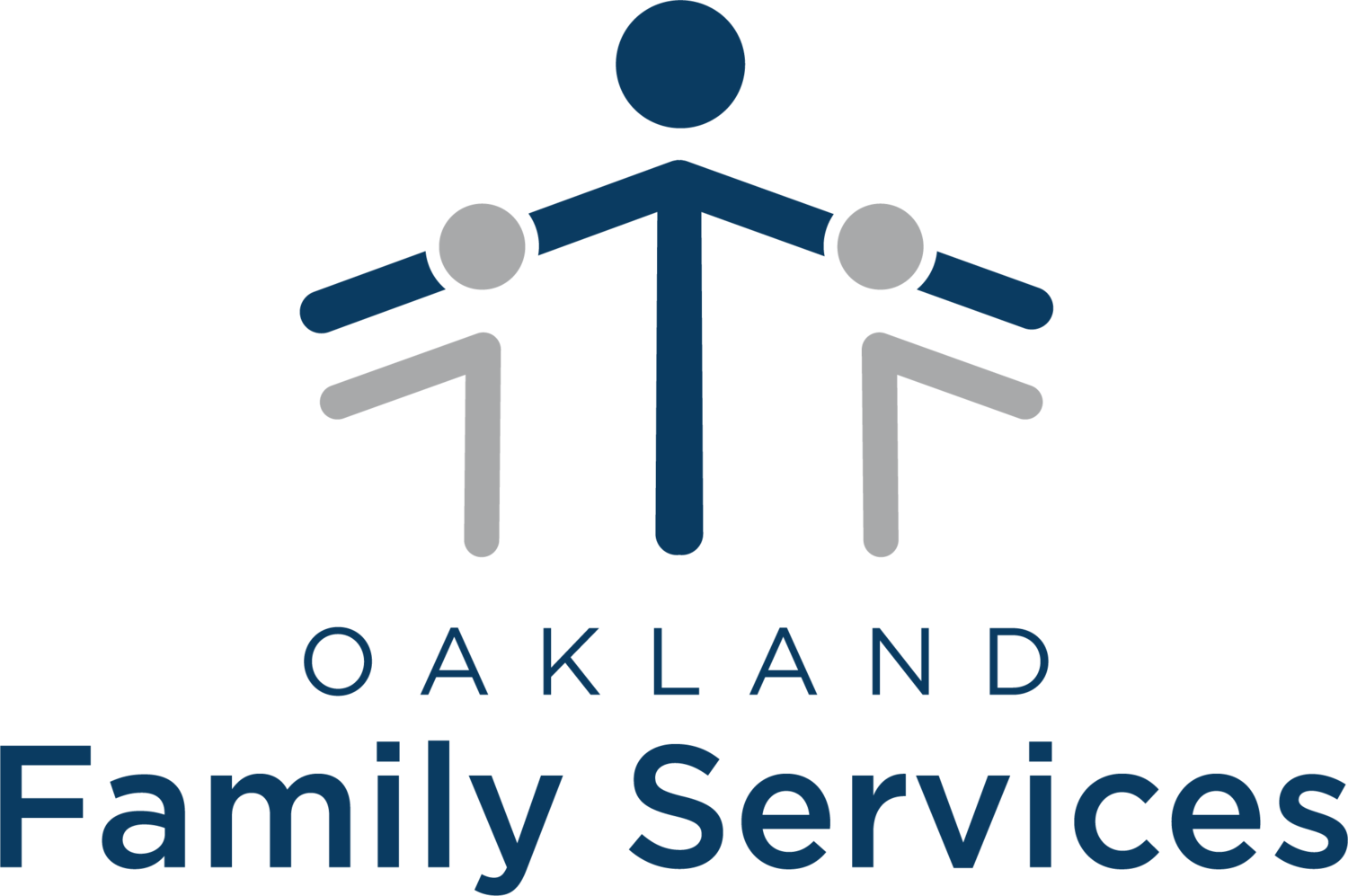Mental health care available in wake of Oxford High School shooting
All of us at Oakland Family Services are heartbroken by the news of Tuesday’s shooting at Oxford High School, in which a 15-year-old sophomore killed four fellow students and injured seven other people. One of the most important services we offer is youth mental health treatment, and tragedies like this remind us of just how critical this work is. Our hearts go out to all of the students, teachers and staff involved in the shooting, the families of the victims and the whole Oxford community.
As the community continues to process what happened, parents and students both in Oxford and elsewhere may experience a wide range of emotions — from anger and grief, to disbelief and shock, to fear and sadness. Events like this can cause long-term trauma for those affected, and our community’s response to this tragedy is not one to be taken lightly.
While Oxford Community Schools remain closed for the rest of this week, a coordinated Oakland County crisis response team is working to make sure students, staff and parents have the mental health support they need during this difficult time. Oakland Family Services is part of the crisis response team, and our therapists are assisting in providing grief and trauma counseling and support for the community.
“We have watched in horror as these type of events have happened across the U.S., but now it has happened on our doorstep," said Oakland Family Services President and CEO Jaimie Clayton. "A situation like today should never be a concern for our children when they are at school, and parents should not have to worry when they send their kids off for a day of learning. With this shooting on top of the ongoing pandemic, our community will continue to be stressed in ways we never thought imaginable. I encourage those involved in or impacted by this tragedy to reach out for mental health support. You don't have to bear this trauma alone."
If you or a member of your family is in urgent need of mental health care, call the Oakland County 24-Hour Crisis Helpline at (800) 231-1127 or call or text the Michigan Crisis and Access Line (MiCAL) at (844) 446-4225.
Oakland Family Services’ Day One mental health program is also available to help people of all ages process the complicated emotions so many members of our community will experience in the wake of the shooting. Day One can be reached by calling (248) 858-7766 or by filling out the form at this link.
Additionally, Oakland Community Health Network (OCHN) has shared the following tips to help families and individuals manage stress, trauma or grief following a local crisis.
Tips for Parents:
Acknowledge what happened. If your child is talking or asking about traumatic events, it is important for the caregivers/loved ones in their life to acknowledge what happened, provide age-appropriate information and be supportive.
Parents may want to approach older children who may have seen the news or videos on social media and find out what they know and what their thoughts/feelings are about what happened.
Recognize the effect this has on your child. Talk to your child about their thoughts and emotions as it pertains to the event and validate their feelings and concerns. With mass shootings in public places and places of worship, this is a valid concern for them, and all adults need to take their viewpoint and concerns into consideration.
Help your child to feel safe. A sense of normalcy and routine as soon as possible after an event helps to re-establish a child's sense of safety and structure. Discuss whatever positive aspects can be found in tragic events such as the quick police response and how community members and citizens across the country are coming together to support those affected.
Tips for Adults:
Everyone experiences events and trauma in different ways and however they think or feel after an event like this is OK. Some people respond with fear, some anger, some shock, sadness, etc. Encourage people to talk about what they are thinking and feeling. Seek support from friends, family or professionals if necessary.
Try to get back to routines and schedules to promote feelings of consistency and balance to reduce fear and provide a feeling of returning control and predictability.

